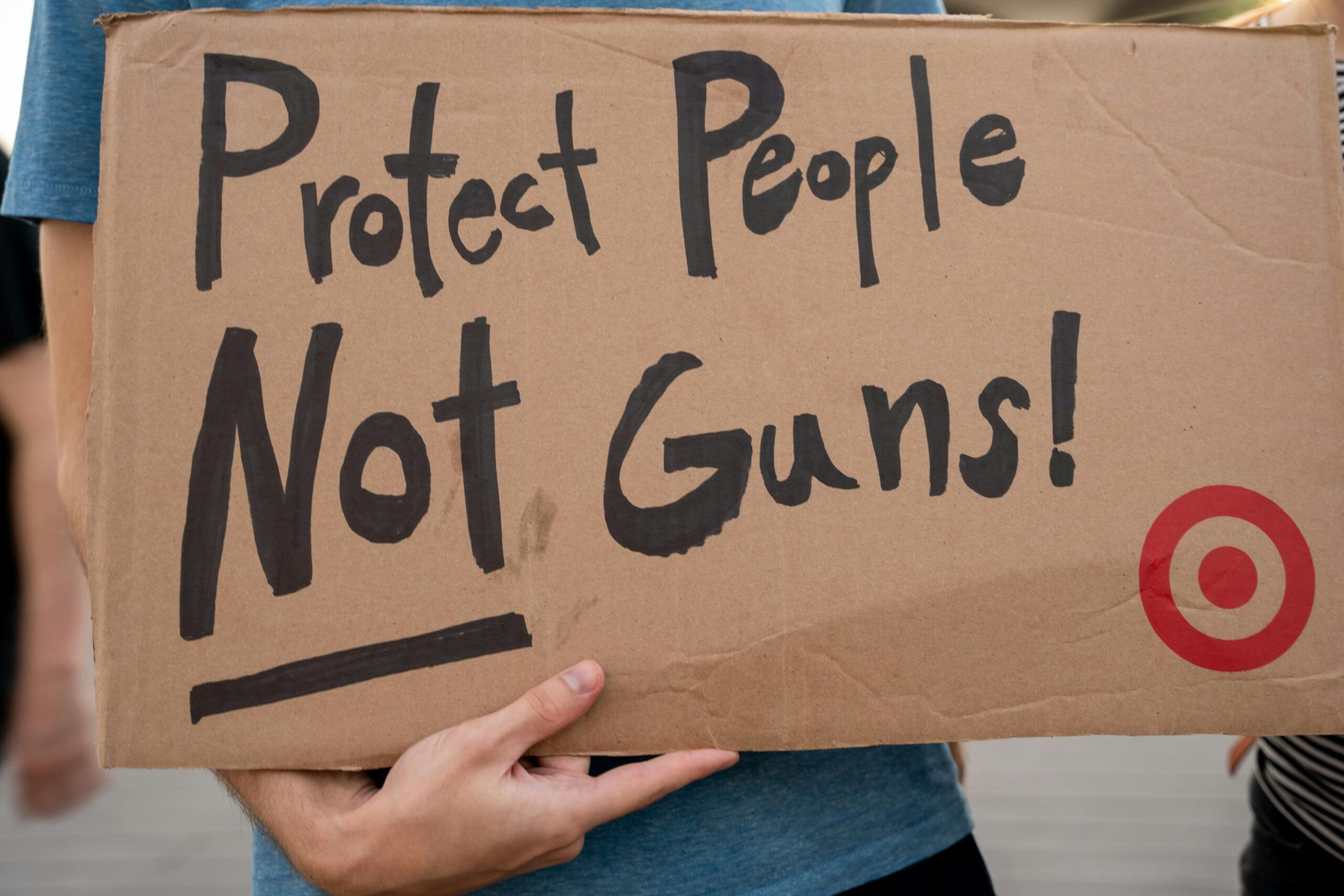
By
Rev. Glenn Germany, pastor of Jesus’ Dwelling Place Church in Pittsburgh, was halfway through his sermon last Sunday when a young man in jeans and a black T-shirt, got up from one of the pews and walked to the altar.
Holding a silver handgun, he aimed at the preacher and pulled the trigger. Germany dove behind a wooden lectern, the only cover he could find.
That’s when the gun jammed. As a parishioner tackled the gunman, Germany ran over and wrestled the gun out of his grip and helped hold him until police arrived.
Unfolding on the church’s live webcast, the incident was shocking, but not uncommon. This year alone, armed intruders have opened fire inside several houses of worship, including the Texas megachurch of celebrity pastor Joel Osteen. There, security officers shot and killed a woman who shot and wounded several people, including an 11-year-old boy.
Studies show the number of shootings in houses of worship — fueled by political dissent, personal conflicts, non-specific mental health outbursts and even the overflow of domestic disputes — have more than doubled from 2022 to 2023. And threats against both Jewish and Muslim worship communities have spiked since the Israel-Hamas war began.
The worrisome trend has prompted the federal government to set aside more than $400 million to help churches protect themselves with extra security equipment, with an application deadline of May 21. But there has also been an emergence of private companies that are specializing in providing security to churches.
Donell Trusty, owner of Trusty Training Solutions, has provided security to churches since launching his company in 2021. He says he trains his agents to assess the situation, then handle it swiftly and calmly.
“We have encountered individuals with mental issues who have come into the place of worship and caused disturbances,” Trusty says. “In these instances we have to understand the condition of the person and be able to navigate in a manner that will not disrupt the service or drive people away from future worship opportunities.”
Violence against communities of faith in houses of worship is not new.
The September 15, 1963 bombing at the 16th Street Baptist Church in Birmingham, Alabama — an attack that killed 4 little girls — is etched in civil rights history. In June 2015, a gunman hoping to stoke a race war killed 9 worshippers attending Bible study in Mother Emanuel AME Church in Charleston, South Carolina. Three years later, an assailant gunned down 11 people at Tree of Life Synagogue in Pittsburgh, the deadliest mass shooting at a place of worship in U.S. history.
Still, the violence has become more common in the era of mass shootings and widely available handguns. Some 430 incidents occurred in 2023, more than double those in 2022 and eight times those of 2018, according to a Family Research Council Report.
Trusty, the security company owner, says providing security for a house of worship typically calls for discretion, among the key traits he looks for in prospective employees.
“We always screen individuals to ensure they understand the sensitivity of the assignment. We don’t just find a random security office and send them,” Trusty says. “We want to ensure that they are sensitive to the needs of the house.”
Besides providing security, Trusty says he also provides training to help churches enhance their own security.
“We have encountered individuals who have had life-threatening situations occur to them” who have come for training,” to help deal with the trauma,” he says. “But they were able to overcome their issues so while we do provide training for people to get certified for firearms, tasers, etc., our training also can serve as a form of therapy.”
Janice Lee, owner of Afterhourz Security Consulting and Protection Services, counts churches among her government and business clients. She even attends services herself.
When her agency was smaller she had to personally guard the pastor. But it’s grown large enough that she can enjoy worship, knowing her agents are in place. Most churches need someone to guard the offering time and space and someone for the pastor, “unless there’s a particular threat,” Lee says.

